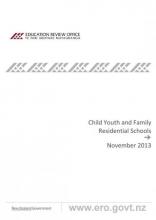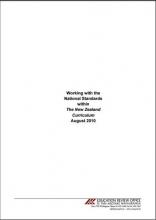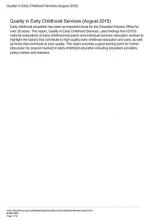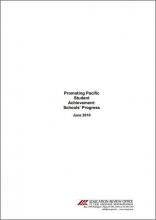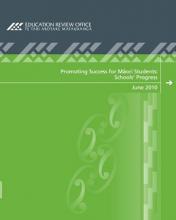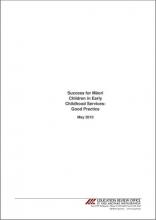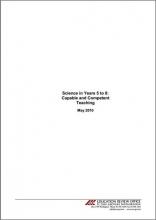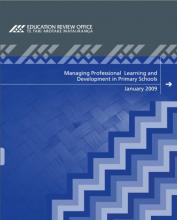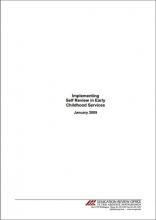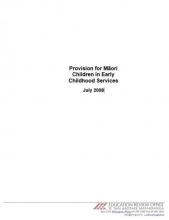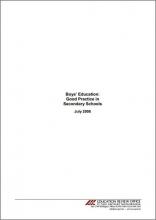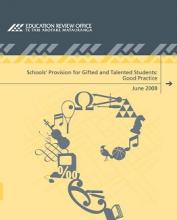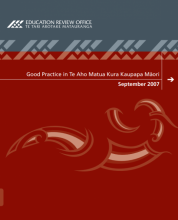Child Youth and Family Residential Schools - November 2013
This report discusses the quality of education at the nine Child Youth and Family (CYF) residential schools. These schools provide education for the young people in New Zealand's Youth Justice and Care and Protection services.The Education Review Office found that the quality of education across most of the CYF schools was not of a consistently high standard. Most of these schools need to make improvements in the delivery of the curriculum, the planning and programme design for individual students, and the processes to transition students to further education, training or employment.
